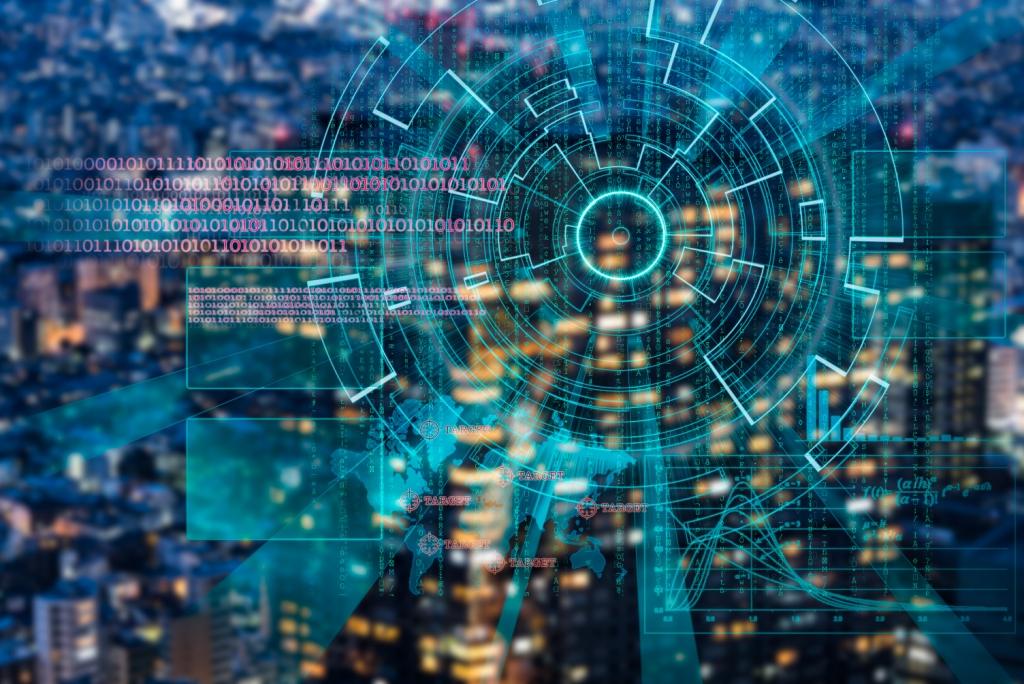Japan: The Reluctant Cyberpower

Japan’s cyberdefenses remain underdeveloped compared to the country’s great reliance on information and communications technology. Despite Japan’s initial slow response to the security challenges emerging from cyberspace, this paper posits that cybersecurity under the administration of Japanese Prime Minister Shinzo Abe has moved to the core of the country’s national security policy. The 2020 Olympics Games are a major catalyst for this.

Over the last two years the Japanese government has indeed laid the structural and legal foundations for becoming a serious player in cyberspace. That effort, however, remains underfunded and is slowed by overly complicated intergovernmental coordination processes and stovepiping within the government.
While Japan remains a reluctant cyberpower with a decidedly defensive outlook and a particularly change-resistant bureaucracy, plagued by vertical compartmentalization, recent initiatives and policies have made it clear that the country is moving in the direction of potentially becoming one of Asia’s more advanced cyberpowers in the not-too-distant future.
This paper first outlines an analytical framework used to evaluate Japan’s current standing and progress as a cyberpower: from whole of government (WoG) to whole of nation (WoN) and whole of system (WoS). The following three sections discuss in detail the evolutionary stages in the development of Japan’s national cybersecurity strategy. The last section deals with the Japan Self-Defense Forces’ changing role in cyberspace and how it is slowly embracing a more militarized response to state-sponsored cyberthreats.
The administration of Prime Minister Abe has been careful not to abandon the Japan Self-Defense Forces’ defensive posture in cyberspace and has not indicated that it will develop offensive cyberwar capabilities. This, however, may change should the new US administration abandon the United States’ historic solid defense commitment to Japan. In that respect, Japan’s deepening of engagement with like-minded countries will assume even greater importance over the next four years.
Download the full analysis
This page contains only a summary of our work. If you would like to have access to all the information from our research on the subject, you can download the full version in PDF format.
Japan: The Reluctant Cyberpower
Related centers and programs
Discover our other research centers and programsFind out more
Discover all our analysesJapan’s Takaichi Landslide: A New Face of Power
Prime Minister Sanae Takaichi has turned her exceptional popularity into a historic political victory. The snap elections of February 8 delivered an overwhelming majority for the Liberal Democratic Party (LDP), driven by strong support from young voters, drawn to her iconoclastic and dynamic image, and from conservative voters reassured by her vision of national assertiveness. This popularity lays the foundation for an ambitious strategy on both the domestic and international fronts.
The U.S. Policy Toward Taiwan Beyond Donald Trump: Mapping the American Stakeholders of U.S.-Taiwan Relations
Donald Trump’s return to the White House reintroduced acute uncertainty into the security commitment of the United States (U.S.) to Taiwan. Unlike President Joe Biden, who repeatedly stated the determination to defend Taiwan, President Trump refrains from commenting on the hypothetical U.S. response in the context of a cross-Strait crisis.

China’s Strategy Toward Pacific Island countries: Countering Taiwan and Western Influence
Over the past decade, China has deployed a diplomatic strategy toward the Pacific Island Countries (PICs). This strategy pursues two main objectives: countering Taiwan's diplomatic influence in the region and countering the influence of liberal democracies in what Beijing refers to as the "Global South."

Opening up the G7 to South Korea to Address Contemporary Global Challenges
The G7’s global influence has diminished as powers like China reshape international governance through initiatives such as BRICS and the Shanghai Cooperation Organisation (SCO). With the G7 now representing just 10 per cent of the world’s population and 28 per cent of global GDP, its relevance is increasingly questioned.









